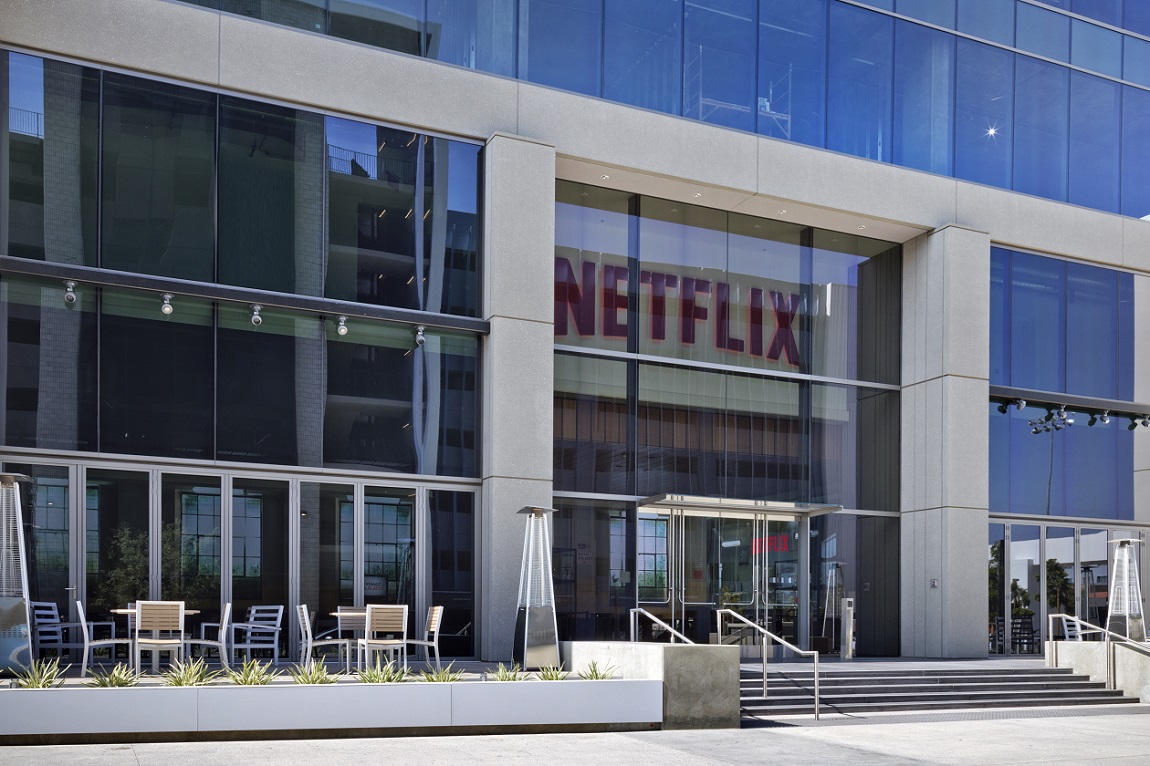The writers strike that has now gone on for 5 weeks threatens to upend multiple streaming services because of the complexity of production schedules and the fact that the production staff from the producers on down to the catering departments have multiple commitments per year that will be totally thrown off by halting or delaying production.
Unlike the average American, people who work in the TV and movie industry don’t just work for one employer with whom they clock in and out of work. They work based on the project. And they can’t just put off all of their projects, which by necessity can be with multiple services and studios over the course of a year, and start again in the same order. It’s not like people walked off the factory floor and all they have to do is get back to it.
The results could mean that even once this is all resolved, series that would have begun production during the strike will not be able to just flip the switch and jump back in where they left off. This isn’t the era where people worked specifically for Disney or MGM. This could lead to series delays and cancelations. It will also lead to movie delays. Disney announced recently that production stopped on a highly anticipated MCU project due to the strike, so we can expect that it could throw off the entire continuity of the multi-picture story that the studio has been building. Does Marvel/Disney push back every project that was related to the film? Does it have to reshoot end-credit scenes in order for them to make sense in context with other movies or even TV shows?
Complicated storylines are not the only things that could be thrown off. Any service that has been marketing a show with a fall debut that was depending on work taking place during the strike will be affected. Max, Disney+, Netflix, Hulu, Amazon Prime Video, Acorn etc can’t just plug a hole in the schedule with a game show or variety show like a regular network can. This is because the appeal of premium streaming services is that they deliver exclusive prestige scripted content. Lack of new content could encourage customers to cut back on services. And the lack of buzz that comes with new shows could cut into new subscriber growth.
This compounds a self inflicted wound that studios built into the streaming era. Services powered by studios and media conglomerates marketed around exclusivity and famously culled their content from multiple services in order to make their own streaming services the only place to find it. This means that they were not making money by selling their content to the highest bidder anymore. It meant that the way to make money off the content it owned was to get enough monthly subscribers to jump in with whatever they were offering in their gated communities. This has meant regular price increases for services like Netflix and Disney+. And when the strike is resolved and companies start to get the projects that survive off the ground, they will have to hope that customers come running back or new audiences discover a reason to sign up. For instance, as opposed to say NBC Universal selling a highly anticipated show to CBS and cashing in, they have to hope that once a delayed project is done, that audiences will sign up for Peacock to see it.
There could be a lot of services explaining why shows are not available on promised dates.






